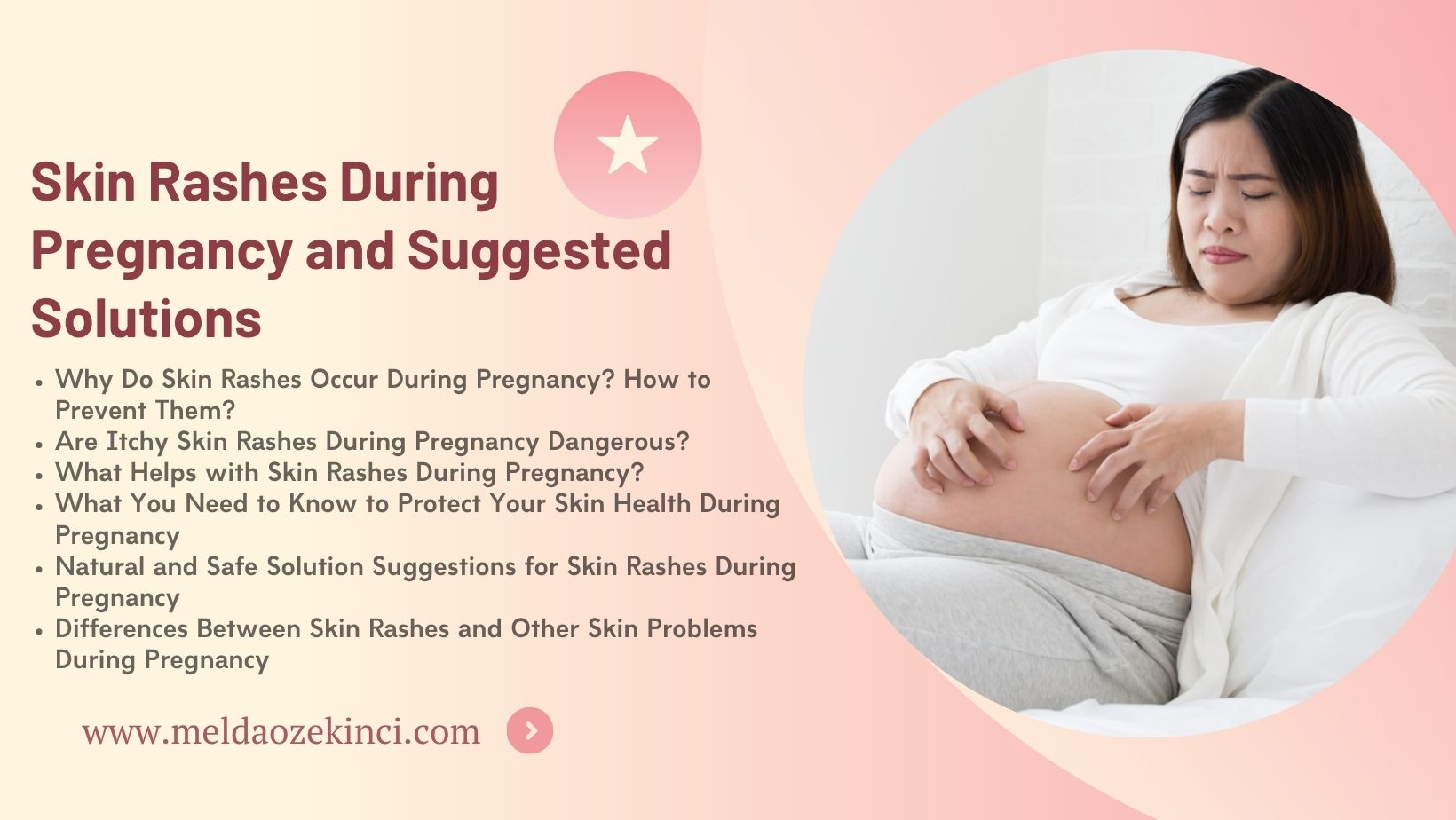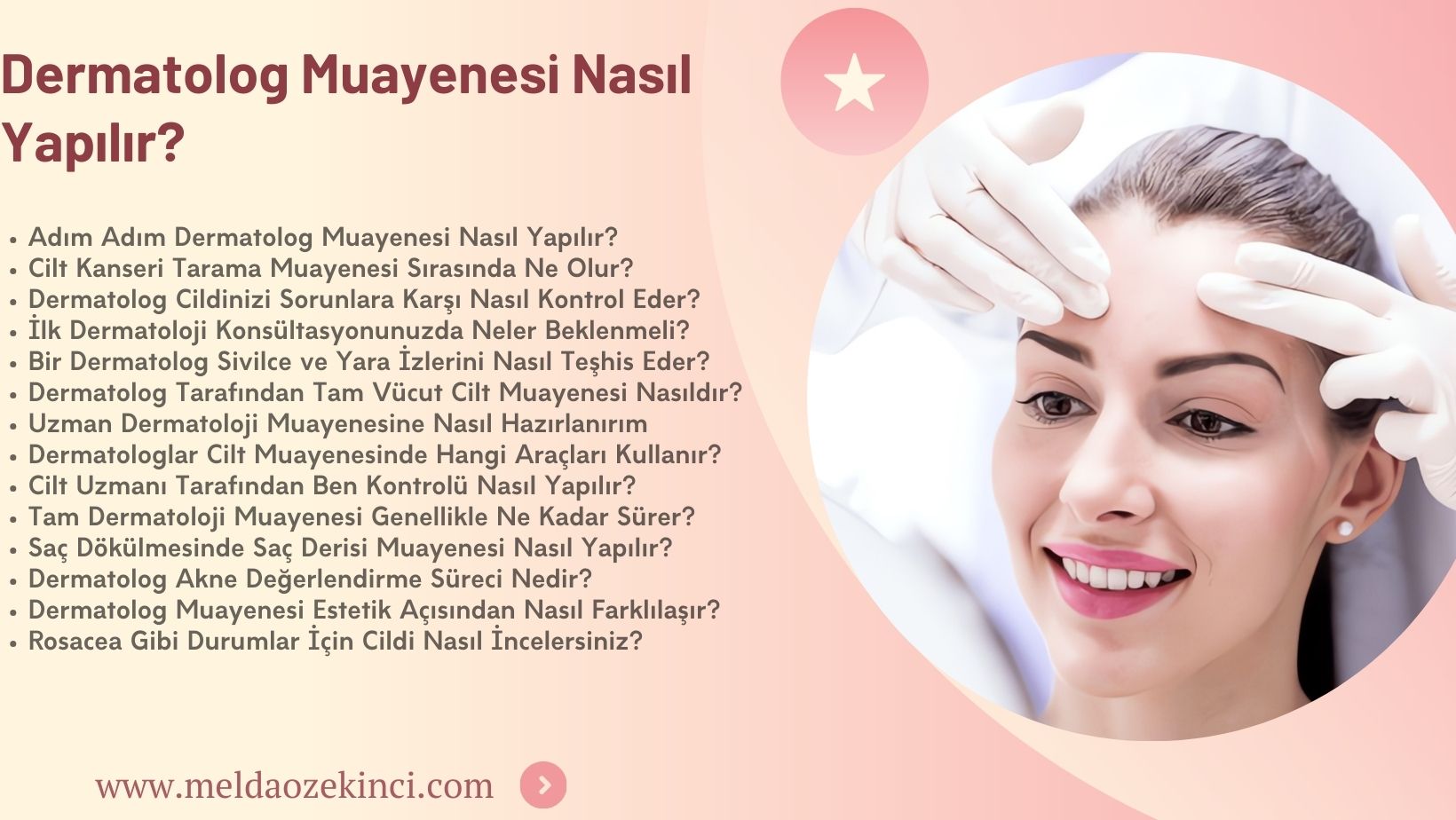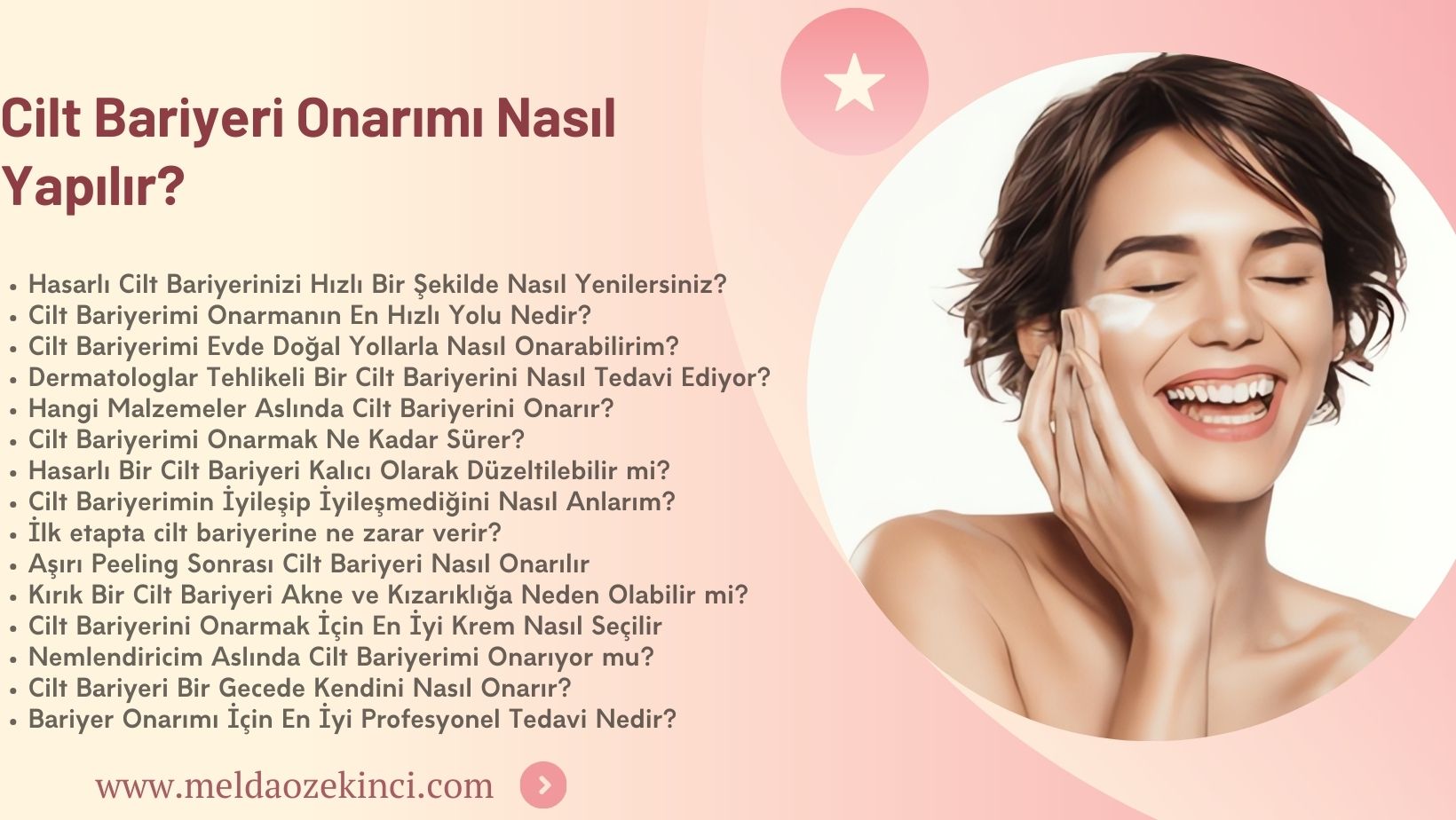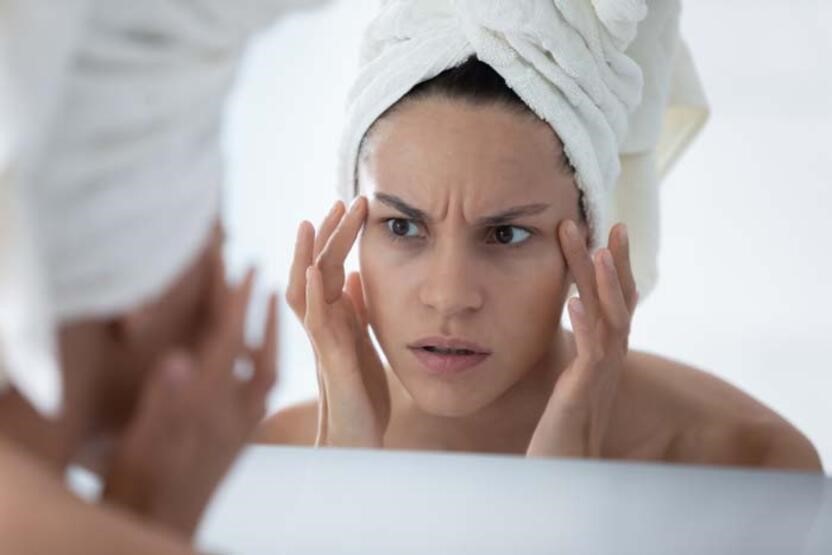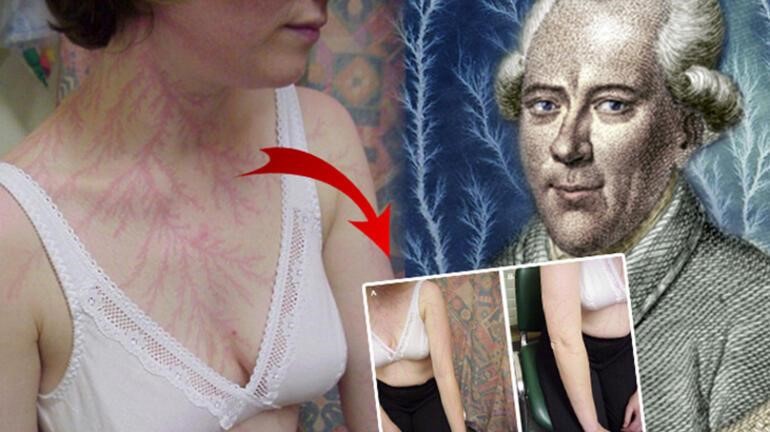Table of Contents
- Why Do Skin Rashes Occur During Pregnancy? How to Prevent Them?
- Are Itchy Skin Rashes During Pregnancy Dangerous?
- What Helps With Skin Rashes During Pregnancy?
- What You Need to Know to Protect Your Skin Health During Pregnancy
- Natural and Safe Remedies for Pregnancy Skin Rashes
- Differences Between Pregnancy Skin Rashes and Other Skin Problems
Why Do Skin Rashes Occur During Pregnancy? How to Prevent Them?
The pregnancy period brings many physical changes along with hormonal shifts in the body. One of the most common changes is skin rashes. So, why do skin rashes occur during pregnancy and how can they be prevented? In this article, we provide clear answers to these questions.
First of all, hormonal fluctuations during pregnancy make the skin more sensitive and prone to rashes. Especially changes in estrogen and progesterone levels can lead to itchy and red patches on the skin. In addition, an increase in blood circulation raises the risk of redness and irritation in certain areas of the skin.
Furthermore, allergic reactions and the use of cosmetic products can also trigger pregnancy-related skin rashes. Since the skin barrier becomes more sensitive during pregnancy, even substances that previously caused no issues may now cause reactions. Moreover, friction-related irritation and fungal infections caused by hot weather or excessive sweating can increase rashes.
Being aware of these risks is the first step in answering the question how to prevent skin rashes during pregnancy. First, fragrance-free moisturizers suitable for sensitive skin should be used to maintain skin hydration. In addition, avoiding strong chemical ingredients and choosing natural, hypoallergenic products can reduce irritation.
Clothing choice is also very important; wearing cotton and breathable fabrics helps the skin breathe, reducing friction and sweating. Gently drying the skin after bathing and avoiding very hot water also lowers the risk of rashes.
Regular medical check-ups and seeking professional support, especially for new or severe rashes, are necessary. It should be remembered that while skin changes during pregnancy are natural, untreated issues may lead to more serious problems.
Are Itchy Skin Rashes During Pregnancy Dangerous?
Itchy skin rashes during pregnancy can cause concern for many expectant mothers. While these symptoms are usually the result of hormonal changes and skin sensitivity, sometimes they may signal more serious health issues. That is why the question are itchy skin rashes during pregnancy dangerous becomes important.
Most of the time, itching and rashes in pregnancy are harmless and go away on their own after birth. However, in some cases, these symptoms can indicate more serious conditions, such as dermatoses or liver problems, which may affect the health of both mother and baby.
Especially conditions like prurigo of pregnancy and polymorphic eruption of pregnancy may cause intense itching. While these do not usually harm the baby directly, they can seriously affect the mother’s comfort and require treatment. On the other hand, liver-related conditions like intrahepatic cholestasis may pose risks for both mother and baby.
The severity and spread of itchy rashes, along with the presence of other symptoms, are important for diagnosis. For example, if jaundice, abdominal pain, or dark urine are present, immediate medical attention is necessary. In addition, protecting skin health during pregnancy with regular moisturizing and avoiding irritation is important.
Although itchy rashes during pregnancy are usually harmless, in some cases they require caution and professional evaluation. Expectant mothers should always consult healthcare professionals if unexpected changes occur.
What Helps With Skin Rashes During Pregnancy?
Due to hormonal changes and physical differences during pregnancy, many expectant mothers may experience skin rashes. These can be uncomfortable and sometimes itchy. So, what helps with skin rashes during pregnancy?
First, maintaining the skin’s moisture balance is very important. Regular and gentle moisturizing, especially with hypoallergenic and natural products, helps soothe the skin. Taking showers with lukewarm water instead of hot water prevents dryness and reduces itching.
Natural oils and plant-based extracts like aloe vera are effective in reducing irritation and inflammation. However, any product should be approved by a doctor or dermatologist before use.
In clothing, using cotton and breathable fabrics allows the skin to breathe and prevents worsening of rashes. Tight and synthetic fabrics should be avoided.
Stress management is also important for skin health during pregnancy. Stress may increase inflammation in the body and worsen rashes. Regular walking, light exercise, and relaxation techniques like meditation are beneficial.
Identifying the underlying cause of rashes correctly is essential for effective treatment. If rashes are severe, widespread, or very itchy, consulting a specialist is necessary.
What You Need to Know to Protect Your Skin Health During Pregnancy
Pregnancy causes many changes in your body, and these changes also affect skin health. Knowing some basic facts is essential for protecting your skin during this period. First, it should be noted that hormonal changes may cause problems such as rashes, itching, and sensitivity.
Moisturizing is an essential step in pregnancy skincare. Regularly moisturizing your skin with natural and hypoallergenic products helps prevent dryness and stretch marks. In addition, drinking plenty of water increases skin elasticity and helps flush out toxins.
Sun protection is also critical. Pregnancy may cause skin pigmentation; therefore, using sunscreen and avoiding direct sunlight is necessary.
Healthy nutrition also supports skin health. Antioxidant-rich fruits and vegetables, as well as foods containing omega-3 fatty acids, contribute to skin renewal. Eating a balanced diet is important for preventing skin problems.
Avoiding hot showers and harsh chemicals is necessary to protect the natural skin barrier. When choosing skincare products during pregnancy, it is recommended to consult your doctor.
Natural and Safe Remedies for Pregnancy Skin Rashes
Skin rashes are among the common issues during pregnancy. In this sensitive period, instead of using chemical-based products, natural and safe remedies should be preferred. This is because hormonal changes make the skin more sensitive and vulnerable to external factors.
First, an oatmeal bath is a natural soothing method and helps relieve itchy rashes. Finely ground oatmeal added to lukewarm water calms the skin and reduces irritation. This is a safe and easy remedy.
Another effective method is using aloe vera gel. Thanks to its anti-inflammatory and moisturizing properties, aloe vera reduces redness and itching. Fresh and pure aloe vera should be preferred, avoiding chemical additives.
Coconut oil is another natural moisturizer often used during pregnancy. It increases skin elasticity and helps heal rashes. It is also known for strengthening the skin barrier.
Additionally, avoiding stress and getting enough sleep are critical for skin health. Increased stress hormones may worsen skin problems, so maintaining psychological balance is important.
Before using any natural remedies during pregnancy, consultation with a doctor or dermatologist is essential. Every skin type is different, and some natural ingredients may not have the same effect on everyone. If you want to revitalize your skin and feel good, you can explore our aesthetic and rejuvenation services.
Differences Between Pregnancy Skin Rashes and Other Skin Problems
During pregnancy, skin rashes and other skin problems are often confused. However, there are important differences. Pregnancy-related rashes are usually caused by hormonal changes and are temporary. Other skin problems, on the other hand, may be signs of allergies, infections, or chronic diseases.
Pregnancy rashes are typically seen on the abdomen, chest, and groin. They may appear itchy, red, or raised, and often resolve on their own after delivery. For example, pruritic urticarial papules and plaques of pregnancy (PUPPP) are one of the most common pregnancy rashes. While they do not cause systemic issues, they can be uncomfortable.
On the other hand, allergic reactions or skin infections can occur independently of pregnancy and require treatment. These skin problems usually manifest with widespread redness, blisters, or sores. In addition, chronic skin diseases like eczema and psoriasis may flare up during pregnancy and require different management.
To protect skin health during pregnancy, correctly identifying the cause of rashes is essential. Misdiagnosis or neglected skin problems may put both mother’s and baby’s health at risk. Therefore, any skin problem during pregnancy should always be evaluated by a specialist.
 English
English 


